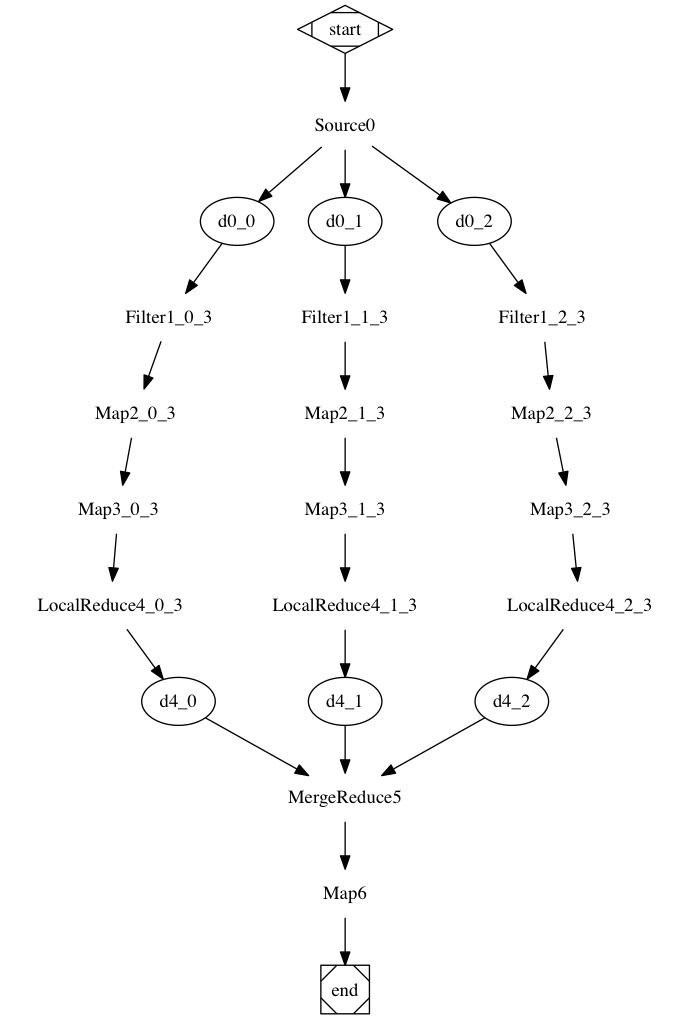The CUE Data Constraint Language
Configure, Unify, Execute
CUE is an open source data constraint language which aims to simplify tasks involving defining and using data.
It is a superset of JSON, allowing users familiar with JSON to get started quickly.
What is it for?
You can use CUE to
- define a detailed validation schema for your data (manually or automatically from data)
- reduce boilerplate in your data (manually or automatically from schema)
- extract a schema from code
- generate type definitions and validation code
- merge JSON in a principled way
- define and run declarative scripts
How?
CUE merges the notion of schema and data. The same CUE definition can simultaneously be used for validating data and act as a template to reduce boilerplate. Schema definition is enriched with fine-grained value definitions and default values. At the same time, data can be simplified by removing values implied by such detailed definitions. The merging of these two concepts enables many tasks to be handled in a principled way.
Constraints provide a simple and well-defined, yet powerful, alternative to inheritance, a common source of complexity with configuration languages.
CUE Scripting
The CUE scripting layer defines declarative scripting, expressed in CUE, on top of data. This solves three problems: working around the closedness of CUE definitions (we say CUE is hermetic), providing an easy way to share common scripts and workflows for using data, and giving CUE the knowledge of how data is used to optimize validation.
There are many tools that interpret data or use a specialized language for a specific domain (Kustomize, Ksonnet). This solves dealing with data on one level, but the problem it solves may repeat itself at a higher level when integrating other systems in a workflow. CUE scripting is generic and allows users to define any workflow.
Tooling
CUE is designed for automation. Some aspects of this are:
- convert existing YAML and JSON
- automatically simplify configurations
- rich APIs designed for automated tooling
- formatter
- arbitrary-precision arithmetic
- generate CUE templates from source code
- generate source code from CUE definitions (TODO)
Download and Install
Release builds
Download the latest release from GitHub.
Install using Homebrew
Using Homebrew, you can install using the CUE Homebrew tap:
brew install cuelang/tap/cue
Install from Source
If you already have Go installed, the short version is:
GO111MODULE=on go get cuelang.org/go/cmd/cue
Or, if you are using Go 1.16:
go install cuelang.org/go/cmd/cue@latest
This will install the cue command line tool.
For more details see Installing CUE.
Learning CUE
The fastest way to learn the basics is to follow the tutorial on basic language constructs.
A more elaborate tutorial demonstrating of how to convert and restructure an existing set of Kubernetes configurations is available in written form.
References
-
Language Specification: official CUE Language specification.
-
API: the API on pkg.go.dev
-
Builtin packages: builtins available from CUE programs
-
cueCommand line reference: thecuecommand
Contributing
Our canonical Git repository is located at https://review.gerrithub.io/q/project:cue-lang%252Fcue.
To contribute, please read the Contribution Guide.
To report issues or make a feature request, use the issue tracker.
Changes can be contributed using Gerrit or Github pull requests.
Code of Conduct
Guidelines for participating in CUE community spaces and a reporting process for handling issues can be found in the Code of Conduct.
Contact
You can get in touch with the cuelang community in the following ways:
- Ask questions via GitHub Discussions
- Chat with us on our Slack workspace.
Unless otherwise noted, the CUE source files are distributed under the Apache 2.0 license found in the LICENSE file.
This is not an officially supported Google product.





